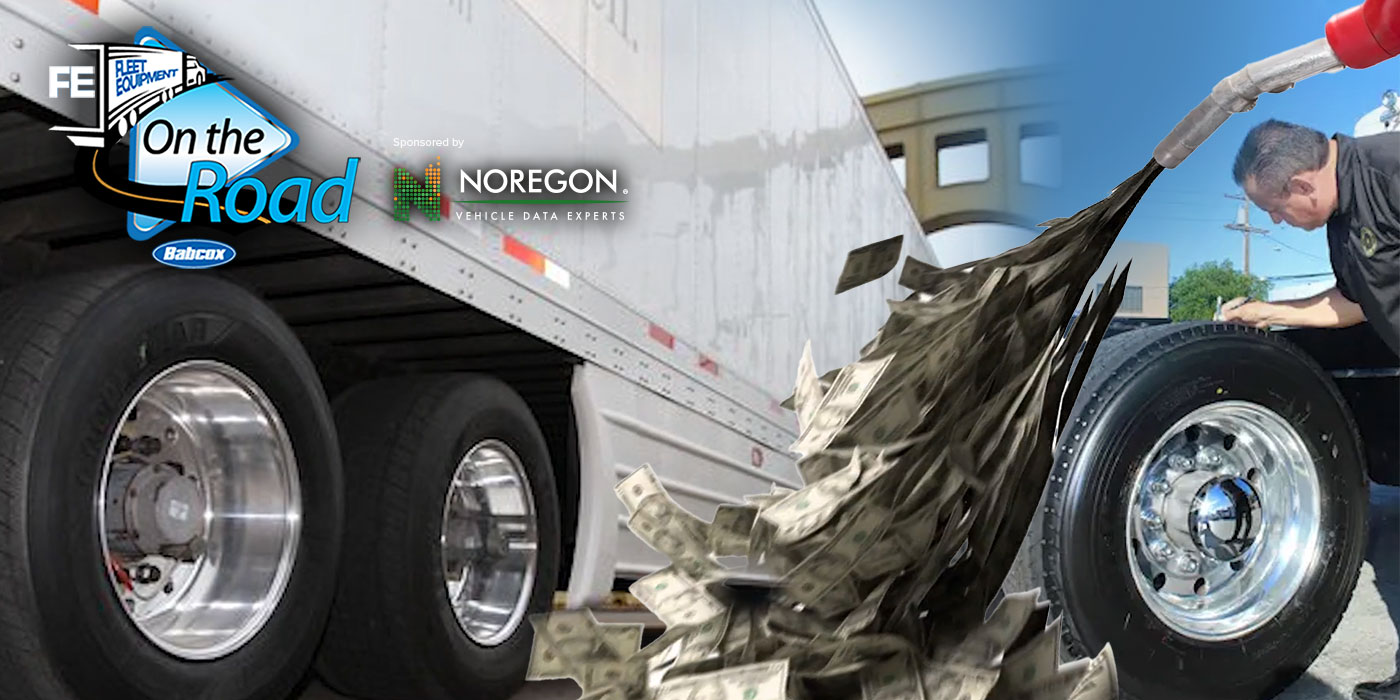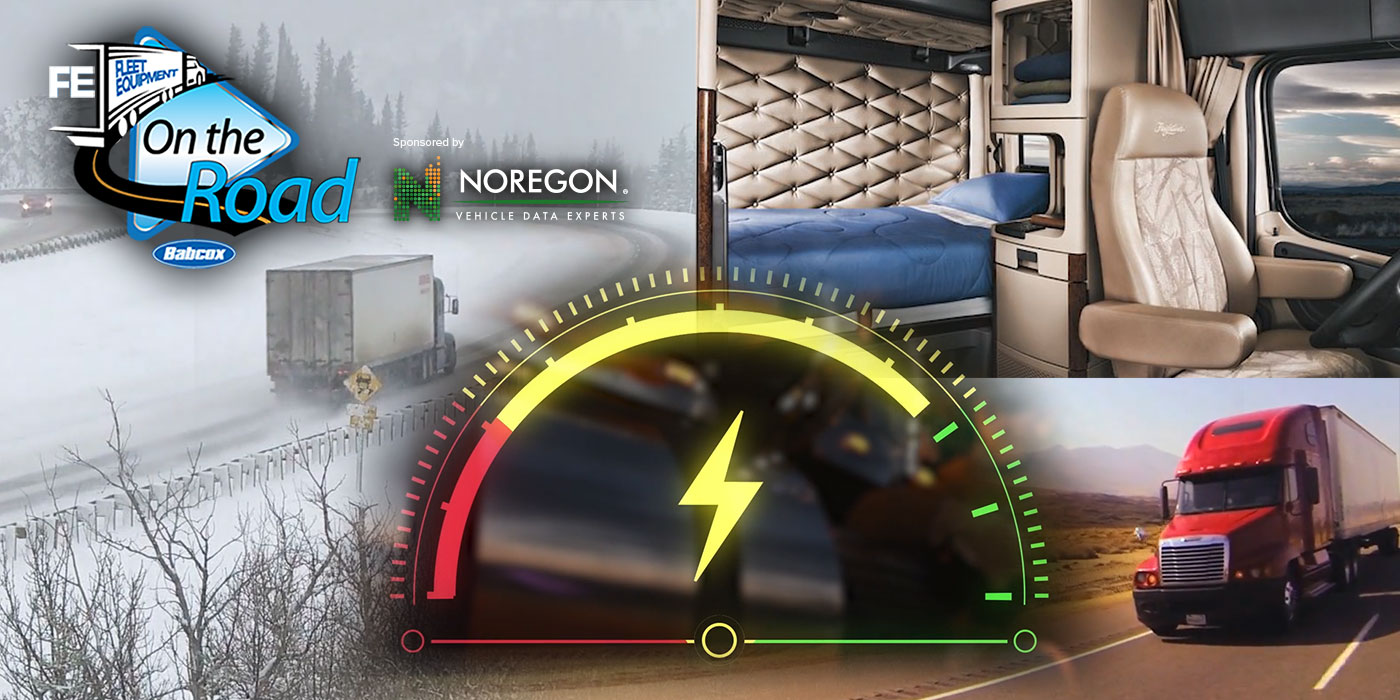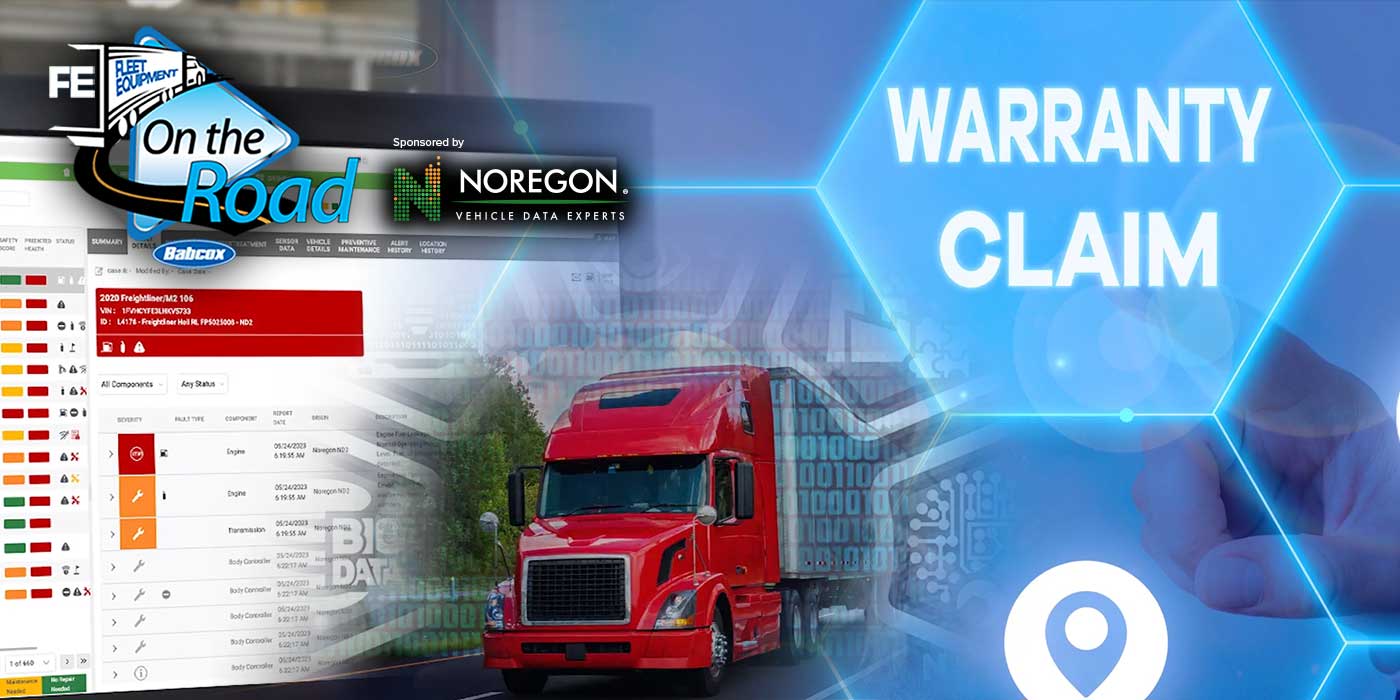Urgency isn’t a new concept to the world of fleet operations and neither is flexibility. Being in an industry that changes everyday means it’s important for you to keep track and keep up. If your ship doesn’t rise with the tide, it sinks.
Utilizing telematics solutions and diverse sets of data can play a big part in the success of a fleet. Rolling with the punches is something we have to do every day, but maintaining timely deliveries and sticking with a schedule is key for your business and its reputation.
Whether you’re running a small commercial fleet of last-mile delivery vans or you have hundreds of trucks in the long-haul space, knowing what’s going on internally and externally is imperative for the sake of your business. There is a lot of information out there to choose from. Zeroing in on data sets specific to your application will help you make informed decisions and discover actionable solutions to underlying problems in your operations.
Telematics data can also assist with preventative maintenance. Just like you don’t want to wait until your fuel gauge points to E before filling up, don’t wait until a problem presents itself to take precautionary measures.
Application Programming Interface or API’s pull data from various truck components and display it on one dashboard for you to easily analyze. This can help you decide what preventative maintenance measures you would like to execute going forward to better manage the health of your trucks and longevity of its equipment.
Route optimization is another data set you shouldn’t overlook. Because your trucks are not authorized on every roadway, getting from point a to point b is a little bit more complex and requires more than just a GPS.
Local data within your region and trip planning tools help managers decide optimal routes to take, when to take them, where to take breaks, and where disruptions may be along the way. Utilizing data for route optimization also ensures your drivers stay within HOS regulations.
Hazardous location data is another insight that you can utilize to give your drivers a heads up while traveling through areas with higher risk of collision. This information can help them be on the lookout for unsafe driving behaviors and apply a defensive style of driving.
Making informed decisions for your fleet shouldn’t be based around guesswork and assumption. Having intel and detailed data to help you decide the next right move for your fleet will ensure that your operations don’t result in late deliveries.













